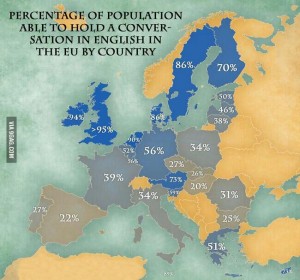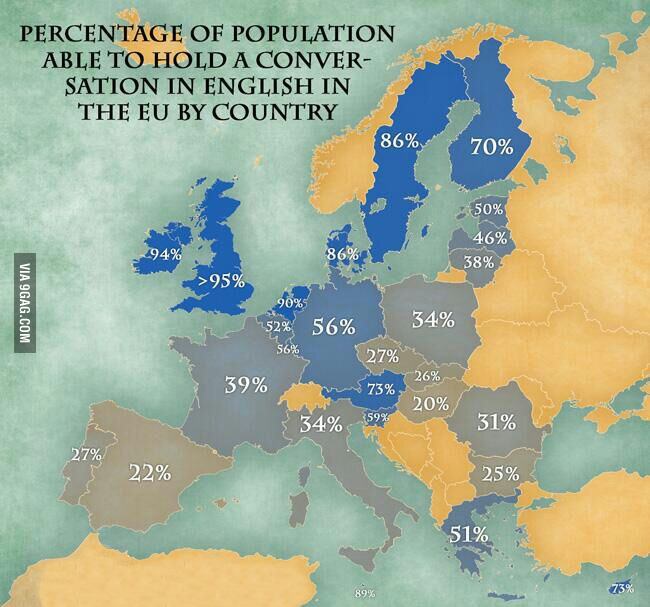Every day, many companies, businesses and firms look for German, French, Spanish language skills. Staff capable of speaking fluently any of those languages is better paid and highly appreciated by employers. Paradoxically, the UK’s education system is not promoting foreign language learning so this need is often met by contracting workers from other European nations.
The CBI (Confederation of British Industry) carried out a survey in co-operation with Pearson Education and Skills, which revealed nearly two-thirds of the 300 British companies that were contacted thought they would be likely to hire people with foreign language skills than monolinguals. Although successive British governments have repeatedly claimed more school children are learning a foreign language, and that the teaching of foreign languages was core to bring the country closer to Europe, the research points to an “alarming shortage” of people with foreign language skills even in the world's major languages. Just as it happens in the rest of Europe, the survey also predicts that foreign languages will become more and more important as companies averywhere are more export-diven than ever before and look for new markets. The UK has long lagged behind language learning compared to its European neighbours, often relying on finding someone who has studied the English language at school. The cost of language skills deficit costs the UK £48bn a year, according to The Guardian. The article quoted Nick Brown, CEO of Nikwax, a UK-based manufacturer of cleaning and waterproofing products that exports to 50 countries, producing print materials in 48 languages. "English is fine if you want to buy things, but it's not the right language to use for people who want to sell things" he said. So, by speaking only English, one can himself at a disadavantage of being only a "buyer" and not a "seller" when it comes to doing business. [caption id="attachment_1373" align="alignright" width="300"] 
Percentage of Europeans capable of holding a conversation in English[/caption]



